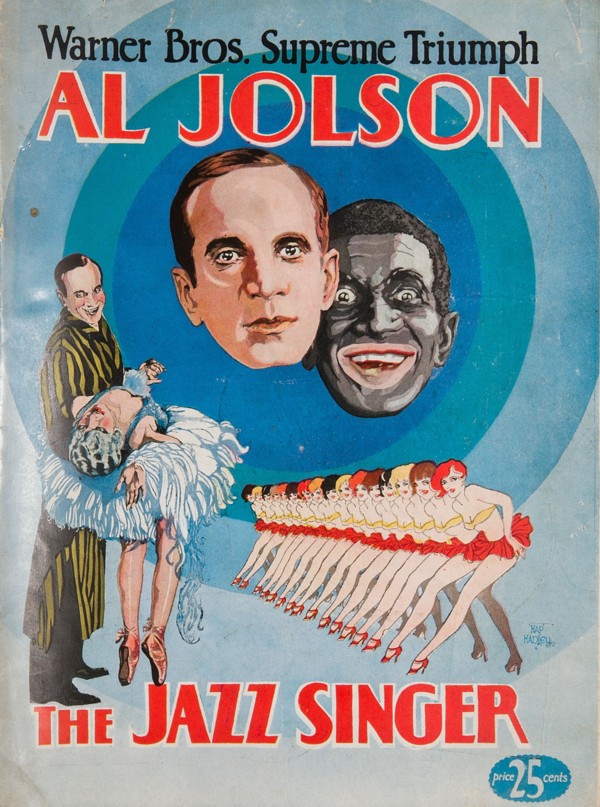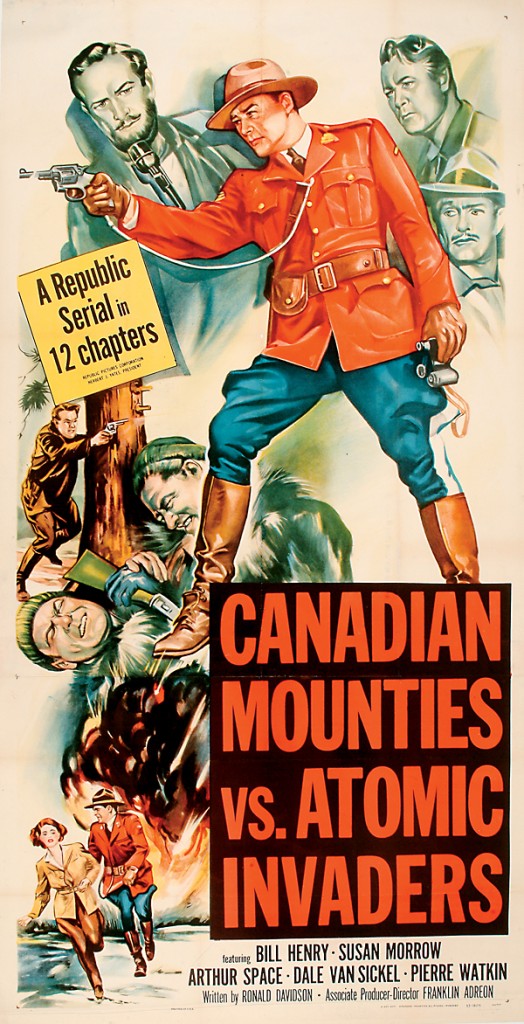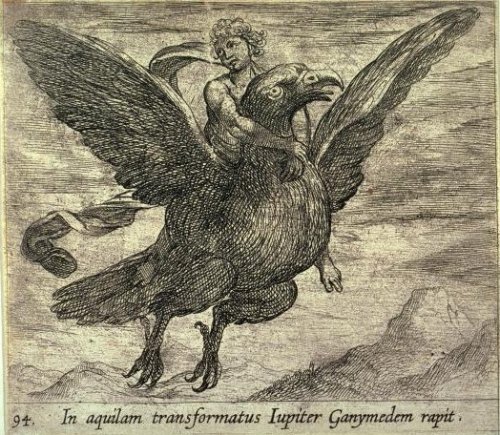The Rachel Dolezal story has provided me some innocent merriment for the last few days. For those pillar saints who haven’t yet heard, Rachel has been making a living for some years by impersonating a black woman. Recently her parents went public, swearing up and down that she’s ‘Caucasian’ — an Azerbaijani, perhaps? — with the usual American fictive admixture of an odd Cherokee somewhere in the more tenuous boughs of the family tree.
One does wonder why the parents decided to out her now. We’ll never know, probably. Families!
A great deal of metaphysical energy has been spent on the ontological conundra hereby posed. It seems that race needs to be simultaneously a bogus category (so racism has no basis) and a real one (so we can recognize the indisputable fact that there are racist people, racist practices, racist institutions, and that these harm some people more than others — people whom it’s mostly not very difficult to identify).
Speaking of identification, there’s also the highly charged question of ‘identity’ — what it consists of, what it’s good for, who’s allowed to claim it, and who’s entitled to say who’s allowed to claim it. The default position is that those who already have it are the ones allowed to rule on who can claim it. A bit like a country club. Though this standard has not gone undisputed.
Perhaps some, at least, of the animus against Rachel arises from the fact that her imposture has given her a not-bad career, a career which was, in effect, stolen from some real black person who would otherwise have had it. The Lump Of Opportunity Theory. She’s been a cuckoo’s egg in the nest, you might say. She forged a diversity card!
Perhaps one might suggest that there are some implications here about the value of ‘diversity’ as a response to racism.
Perhaps there are further implications. Transgender is a thing now, right? It’s universally acknowledged that there are people who are really women born into men’s bodies, and vice-versa. Soooo… why shouldn’t transracial be a thing, too? Maybe Rachel really is a black person, who had the misfortune to be born with ‘Caucasian’ ancestors and pale skin. I gather there’s been some disagreement among feminists about whether trans women are ‘really’ women, and no doubt similar perplexities will arise in connection with trans black people. Will the foundations of essentialism begin to crumble at every corner of the citadel? Probably not; but a guy can dream.
[Update: I thought this was an original idea, when I had it an hour ago, but I now discover that as usual, Twitter is way ahead of me, and the tweets are flying fast and furious from both sides, with the usual fervent dogmatism. Transrace is a thing! No, transrace is NOT a thing, you racist boob!
Just as a matter of logic, it seems to me that anybody who accepts transgender and rejects transrace has to carry the burden of proof. It shouldn’t be too difficult; when an analogy is bad, it’s usually easy to see why it’s bad.]
At the very least, one certainly senses a great opportunity here for medical entrepreneurs. And it’s very exciting to have been present at the birth of a whole new identity.










